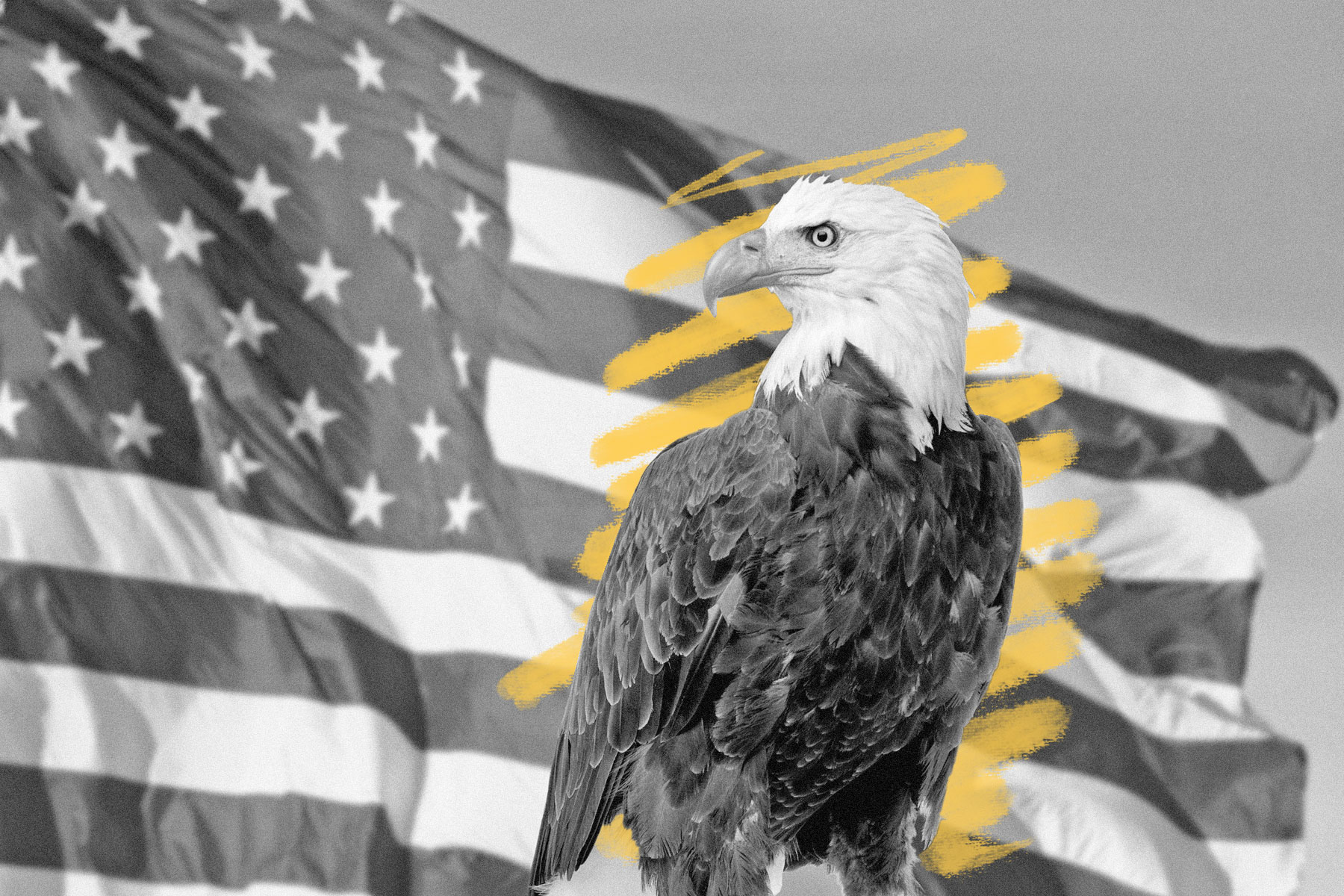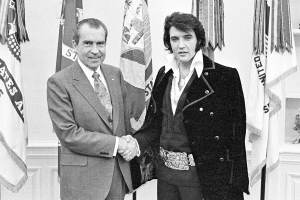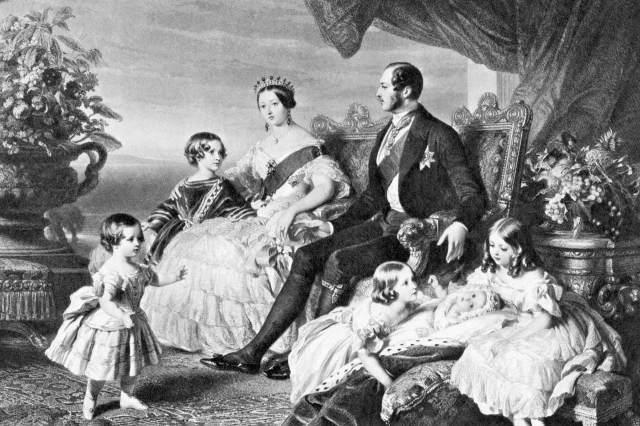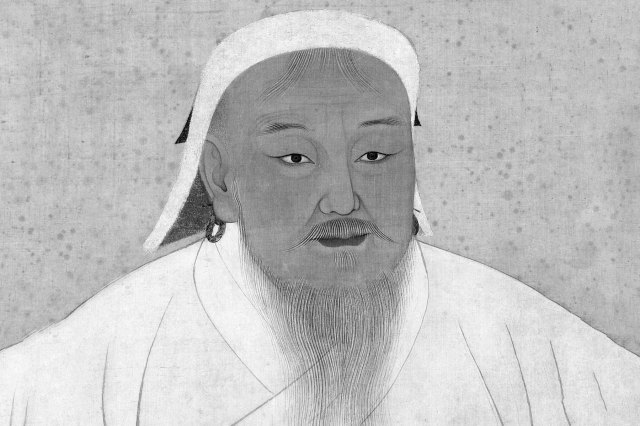Ben Franklin thought the bald eagle had “bad moral character.”
The majestic bald eagle has been a symbol of the U.S. for as long as the country has existed; the imposing raptor first appeared on Massachusetts currency back in 1776. Yet not all Americans were fans of the bird of prey. In fact, arguably the most famous celebrity of the colonial era, Benjamin Franklin, was quite the opposite. In a letter addressed to his daughter and dated January 26, 1784, Franklin referred to the bald eagle as a “Bird of bad moral Character,” who “does not get his living honestly.” Philadelphia’s favorite son much preferred North America’s other avian native — the wild turkey — whom he called a “Bird of Courage.”
So why the anti-eagle sentiment? While it’s true that eagles do steal food from other birds, it’s likely a myth that Franklin wanted the turkey to be the national bird. Rather, the founding father’s words were actually maligning a particular institution that used the eagle on its seal. The Society of the Cincinnati, which formed in 1783 (and eventually supplied the name for the U.S. city), was a hereditary patriotic organization, meaning only sons of officers in the American Revolution could enter its ranks. According to Franklin, an organization based on family or heritage was uncomfortably similar to Britain’s status-driven culture, to which he believed American ideals were diametrically opposed.















